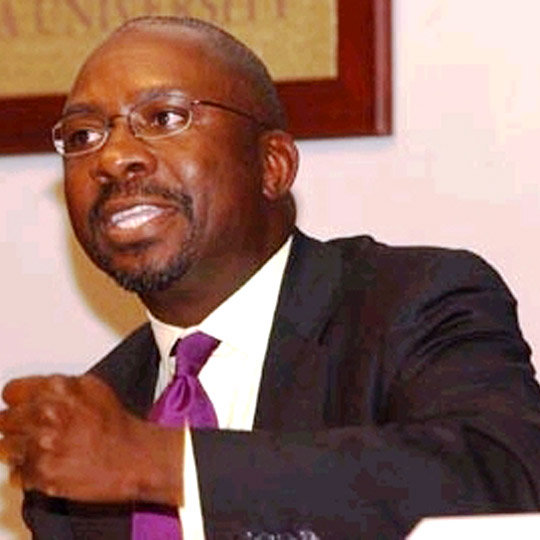Most reporters’ dream of the Joseph Pulitzer Prize for journalism. Some succeed and few, out of frustrations of missing the prestigious award, sometimes opt out of the vocation.
The later is...
You are not authorized to read this page without a username and password. It is time to register and subscribe to have unlimited access to everything The Chicago Inquirer has to offer. You can do a monthly, quarterly, six months or yearly subscription.
SUBSCRIBE NOW!!!
and enjoys unlimited access to news, analysis, archives, sports, culture, interviews, and many more.
Not a member? Subscribe or login below:



